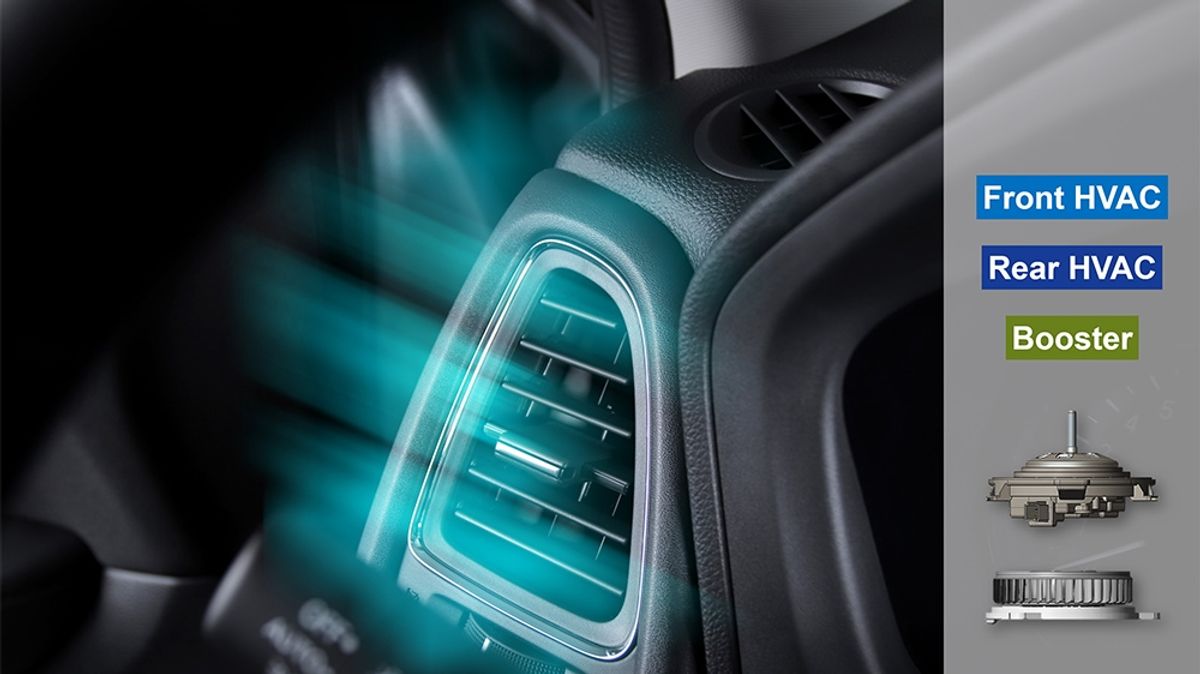
In an age where the air we breathe is under constant scrutiny due to the impacts of the COVID-19 pandemic and the alarming levels of air pollution affecting 99% of the global population, the automotive industry is stepping up. With a clear and present demand for cleaner, safer environments—even within the confines of our vehicles—automakers are now intensifying their efforts to integrate advanced antibacterial and antimicrobial air-conditioning systems into their designs. This initiative promises to transform the in-cabin experience by ensuring the air circulating inside vehicles is free from contaminants, viruses, and germs.
The Drive for Cleaner Air
The push towards enhancing in-cabin air quality is not just a response to the current health crisis but also a proactive measure against the increasing levels of air pollution worldwide. Despite the global downturn in many industries due to the pandemic, the automotive sector is seeing this period as an opportunity to innovate and offer solutions that contribute positively to public health. Advanced air-conditioning systems, equipped with antibacterial and antimicrobial technologies, are being hailed as a significant step forward in creating safer, cleaner in-cabin environments for passengers. The technology not only aims to protect occupants from the lingering threat of COVID-19 but also to combat the myriad other pollutants—including PM2.5 particles—that have been linked to a range of health issues.
Impact of Vehicle Emissions on Air Quality
While the automotive industry’s efforts to purify in-cabin air are commendable, it’s imperative to acknowledge the role of vehicle emissions in exacerbating outdoor air pollution. According to research, vehicle emissions are a major contributor to the increase in PM2.5 levels, particularly in urban areas with dense traffic. This creates a paradox where the industry is working to clean the air inside the vehicles while contributing to the pollution outside of them. The situation underscores the need for comprehensive solutions that address both in-cabin air quality and vehicle emissions, encouraging automakers to pursue cleaner, more sustainable technologies for the future.
Looking Ahead: The Future of Automotive Innovation
The automotive industry’s pivot towards enhancing in-cabin air quality is a promising sign of its commitment to public health and environmental sustainability. However, this initiative is just one piece of the puzzle. For real progress to be made, there must be a concerted effort across the board to reduce vehicle emissions and improve air quality both inside and outside of vehicles. This includes adopting stricter emission control policies and accelerating the shift towards electric vehicles (EVs), which promise to significantly reduce the automotive industry’s environmental footprint. As we move forward, the industry’s ability to innovate in response to health and environmental challenges will not only shape the future of transportation but also play a crucial role in safeguarding the planet.
